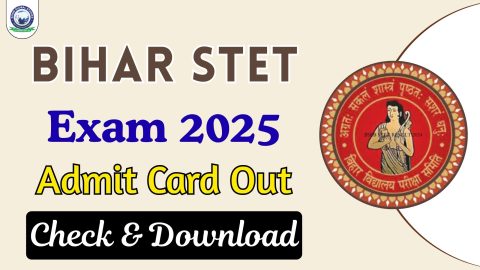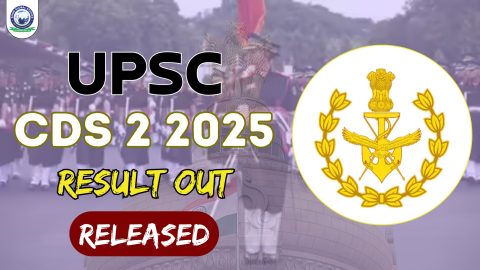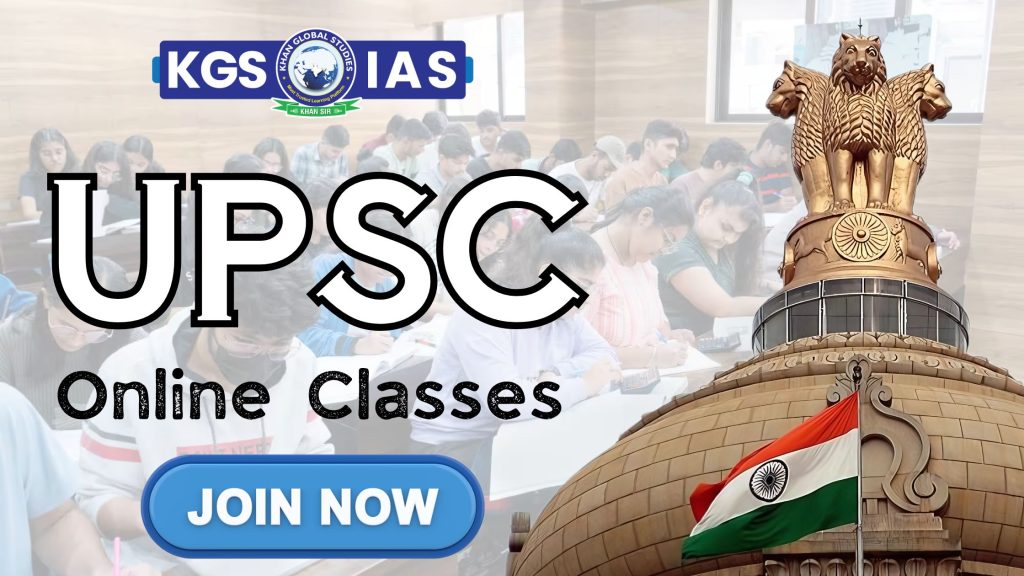Preparing for the UPSC Civil Services Examination is one of India’s most challenging academic pursuits. With success rates hovering around 0.1%, aspirants face a critical decision early in their journey: should they join coaching classes, and if so, when is the optimal time to do so?
This comprehensive guide examines the key factors that determine the right timing for UPSC coaching, helping you make an informed decision that aligns with your preparation strategy and personal circumstances.
Understanding Your UPSC Preparation Coaching
The timing of joining UPSC coaching largely depends on where you stand in your preparation journey. Different stages require different approaches, and understanding your current level is crucial for making the right choice.
Foundation Stage (6-12 months before first attempt)
If you’re just beginning your UPSC preparation, joining coaching at this stage can provide several advantages. Foundation-level coaching helps establish a structured study routine and introduces you to the vast UPSC syllabus systematically. At this stage, coaching institutes focus on building conceptual clarity across all subjects, from history and geography to economics and polity.
Many successful candidates recommend starting with coaching during the foundation stage, particularly if you lack a clear understanding of the exam pattern or struggle with self-directed study. The guidance provided during this phase helps avoid common pitfalls and ensures you’re building knowledge on solid ground.
Intermediate Stage (3-6 months into preparation)
Some aspirants begin coaching after attempting initial self-study for a few months. This approach works well for those who want to gauge their self-study capabilities before committing to coaching. By this stage, you’ll have identified your strengths and weaknesses, making it easier to choose coaching that addresses your specific needs.
Intermediate-stage coaching often focuses on answer writing skills, current affairs integration, and exam-specific strategies. If you’ve struggled with mock tests or feel overwhelmed by the syllabus breadth, this might be the right time to seek professional guidance.
Advanced Stage (Post first attempt or final months)
Experienced aspirants who’ve attempted the exam once or twice might join coaching for specific skills like answer writing or interview preparation. At this advanced stage, coaching serves as a refinement tool rather than a foundation-building exercise.
Advanced coaching typically offers specialised courses focusing on Mains answer writing, personality tests, or specific optional subjects. The decision to join at this stage should be based on clear identification of gaps in your previous attempts.
Evaluating Your Study Style and Discipline
Your personal study habits play a crucial role in determining whether and when you need coaching support.
Self-directed learners
If you’re naturally disciplined, can create and stick to study schedules, and have good research skills, you might delay joining coaching or avoid it altogether. Self-directed learners often benefit from online resources, books, and occasional mentorship rather than full-time coaching.
However, even disciplined self-studiers might benefit from coaching for specific components like answer writing or current affairs, where structured guidance can significantly improve performance.
Structured learning preference
Many aspirants perform better with external structure and accountability. If you struggle with consistency, get easily distracted, or feel overwhelmed by the vast syllabus, early coaching might be beneficial. The regular classes, assignments, and peer interaction provide the framework needed for effective preparation.
Subject-wise Coaching Considerations
Different subjects may require coaching at different times in your preparation journey.
General Studies papers
For GS papers, coaching is often most beneficial during the foundation and intermediate stages. These subjects require conceptual understanding and current affairs integration, which coaching can provide systematically. However, if you have a strong academic background in these areas, you might delay coaching until you need specific answer writing guidance.
Optional subjects
Optional subject coaching timing depends on your background knowledge. If you’re choosing an unfamiliar optional, early coaching is advisable. For subjects you’re already familiar with, coaching might be more valuable in the later stages for advanced concepts and answer writing techniques.
Essay and Ethics
These papers often benefit from coaching regardless of your preparation stage. The subjective nature and specific requirements of these papers make professional guidance valuable for most aspirants.
Financial and Time Constraints
Practical considerations often influence coaching decisions as much as academic ones.
Budget planning
Quality UPSC coaching can be expensive, with comprehensive programmes costing anywhere from £1,000 to £15,00. If budget is a constraint, consider joining coaching during the most critical phase of your preparation rather than throughout the entire journey.
Many institutes offer subject-specific or phase-specific courses that can be more cost-effective than comprehensive programmes. Online coaching options have also made quality guidance more affordable and accessible.
Time availability
Full-time coaching requires significant time investment, typically 6-8 hours daily including classes and assignments. If you’re a working professional or have other commitments, you might need to time your coaching during periods when you can dedicate adequate attention.
Weekend batches, evening classes, and online options provide flexibility for those with time constraints, though the effectiveness might vary based on your learning style.
Regional and Accessibility Factors
Your location and access to quality coaching can influence timing decisions.
Metropolitan areas
Aspirants in Delhi, Mumbai, or other major cities have access to numerous coaching options throughout the year. This flexibility allows you to choose timing based purely on preparation needs rather than availability constraints.
Smaller cities and towns
Limited coaching options in smaller cities might require you to plan around available batches. Some aspirants relocate to coaching hubs during specific preparation phases, making timing a crucial logistical consideration.
Online coaching has partially addressed geographical constraints, allowing aspirants to access quality guidance regardless of location. However, the effectiveness of online coaching varies among individuals.
Current Affairs and Dynamic Content
The timing of coaching can significantly impact your current affairs preparation, which forms a crucial component of UPSC examinations.
Staying updated
Current affairs coaching is most effective when timed closer to your exam attempt, typically 6-12 months before. Starting current affairs coaching too early might result in outdated information, while starting too late might not provide adequate coverage.
Many aspirants combine self-study for static portions with coaching for current affairs and their integration with static topics. This hybrid approach optimises both cost and effectiveness.
Making the Decision: A Framework
To determine the right timing for UPSC coaching, consider these key questions:
Assessment of current knowledge: How well do you understand the UPSC syllabus and exam pattern? If you’re completely new to civil services preparation, early coaching might be beneficial.
Self-study effectiveness: Can you maintain consistent study schedules and understand complex topics independently? Strong self-studiers might delay coaching until they need specific skills.
Preparation timeline: How much time do you have before your target attempt? Longer timelines allow for more flexibility in coaching timing.
Financial planning: Can you afford coaching fees without compromising other aspects of preparation? Consider the overall cost-benefit analysis.
Available options: What coaching options are available in your location and budget range? Limited options might require you to work around available schedules.
Alternatives to Traditional Coaching
Before committing to full-time coaching, consider these alternatives that might meet your needs more efficiently:
Online resources and courses
Digital platforms offer comprehensive UPSC preparation materials, including video lectures, practice tests, and study materials. These can be more flexible and cost-effective than traditional coaching.
Mentorship programmes
One-on-one mentorship can provide personalised guidance without the time and cost commitment of full coaching programmes. This works particularly well for experienced aspirants who need specific guidance.
Study groups and peer learning
Forming or joining study groups with other serious aspirants can provide motivation and knowledge sharing without formal coaching structure.
Subject-specific coaching
Instead of comprehensive coaching, consider joining classes for specific subjects or skills where you need maximum support.
The Path Forward: Strategic Decision Making
Choosing when to join UPSC coaching isn’t a one-size-fits-all decision. The optimal timing depends on your individual circumstances, learning style, preparation stage, and practical constraints.
For most aspirants, a phased approach works best, starting with self-study to understand personal strengths and weaknesses, then supplementing with coaching for specific needs. Whether that’s foundation building in the early stages, answer writing skills in the intermediate phase, or interview preparation in the final stages, timing your coaching strategically can maximise both effectiveness and cost-efficiency.
Remember that coaching is a tool to enhance your preparation, not a guarantee of success. The key lies in choosing the right timing that aligns with your preparation strategy, personal circumstances, and learning preferences. Take time to evaluate these factors honestly before making your decision, and don’t hesitate to adjust your approach as your preparation evolves.




